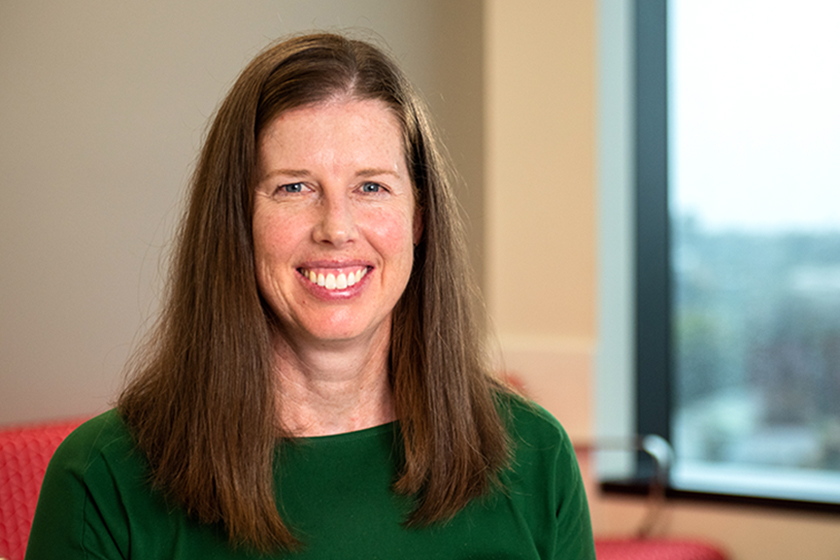
“I’m driven by the need for evidence-based practice,” she said.
Narelle began exploring her passion in 2017, when she was appointed Cancer Research Manager at the Bendigo Regional Cancer Centre.
“There is something special about working in a team that cares about their patients and each other,” she said.
“Cancer clinical trials are an integral part of medical oncology and provide treatment options for cancer patients that are new and emerging.
“They also sometimes offer an option when all standard-of-care options have been exhausted.”
Narelle is also a part-time PhD candidate at Monash University, School of Rural Health, Bendigo.
“I am looking at the barriers to clinical trial participation for rural residents affected by cancer,” she said.
“I must understand these barriers and work to alleviate them to improve rural access to cancer clinical trials.
“We know that rural residents mostly have to travel to participate in clinical trials, although this is starting to change.”
Narelle said her other motivation to complete a PhD was to develop research skills that benefit regional research.
“This has already started as my colleague Dr Di Hughes and I, as well as my PhD supervisor, Dr Eli Ristevski, have explored what it is like to be on a clinical trial for participants at a regional cancer centre,” she said.
“Sitting and listening to our clinical trial participants share their stories was a pleasure.
“I’ve learnt so much and am very grateful for the generosity of our clinical trial participants.
“Clinical trial participants are aware that their involvement may not have a direct impact on their own well-being. Nonetheless, they are motivated by the potential of helping someone else in the future.”
Narelle said she couldn’t have gotten to where she is today without the “fantastic team” around her.
“We all have the goal of providing excellent cancer care,” she said. “It is hoped that by enhancing this participation, we can help improve survival for regional and rural residents in line with metropolitan areas.”
You can read Narelle’s latest research paper here.